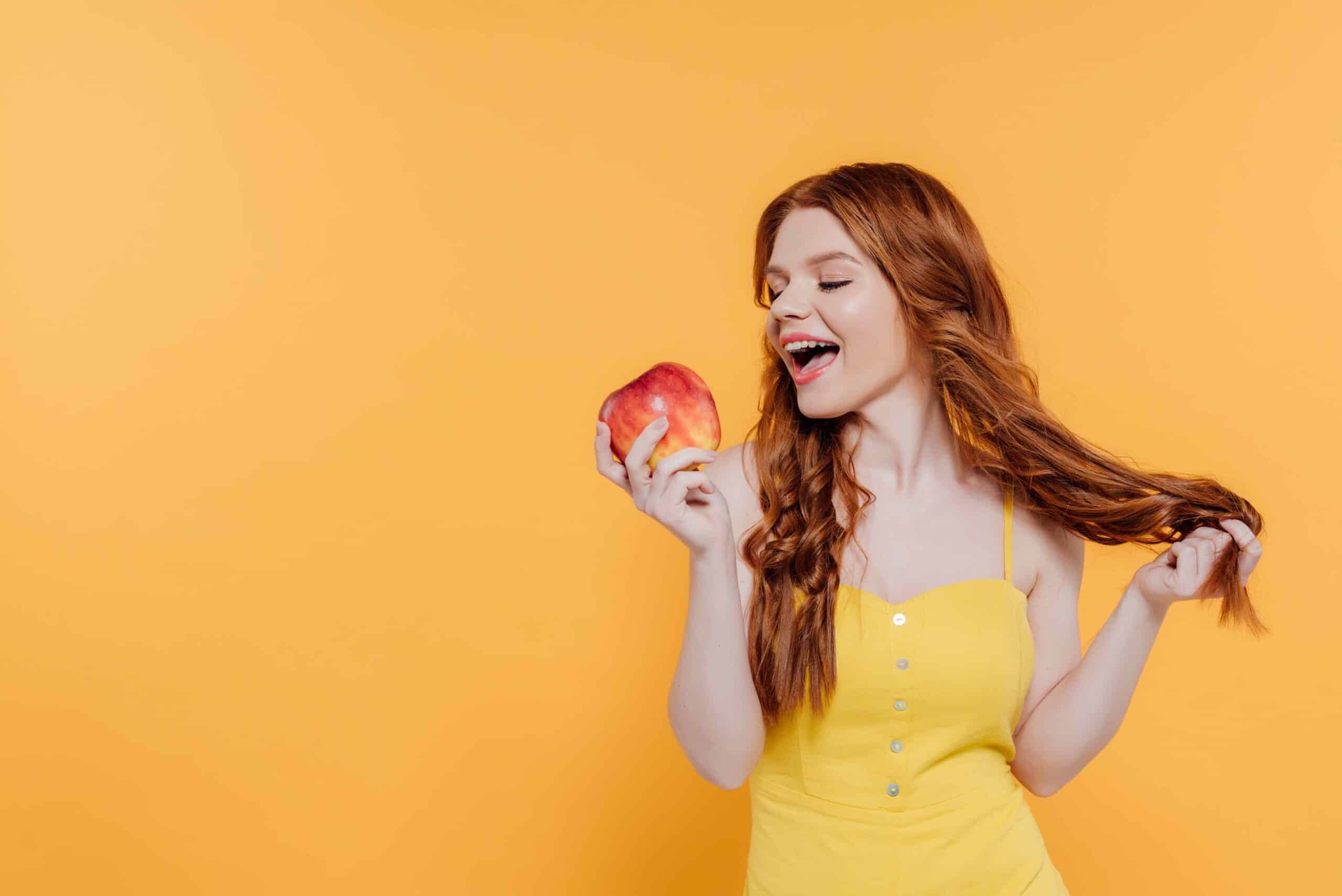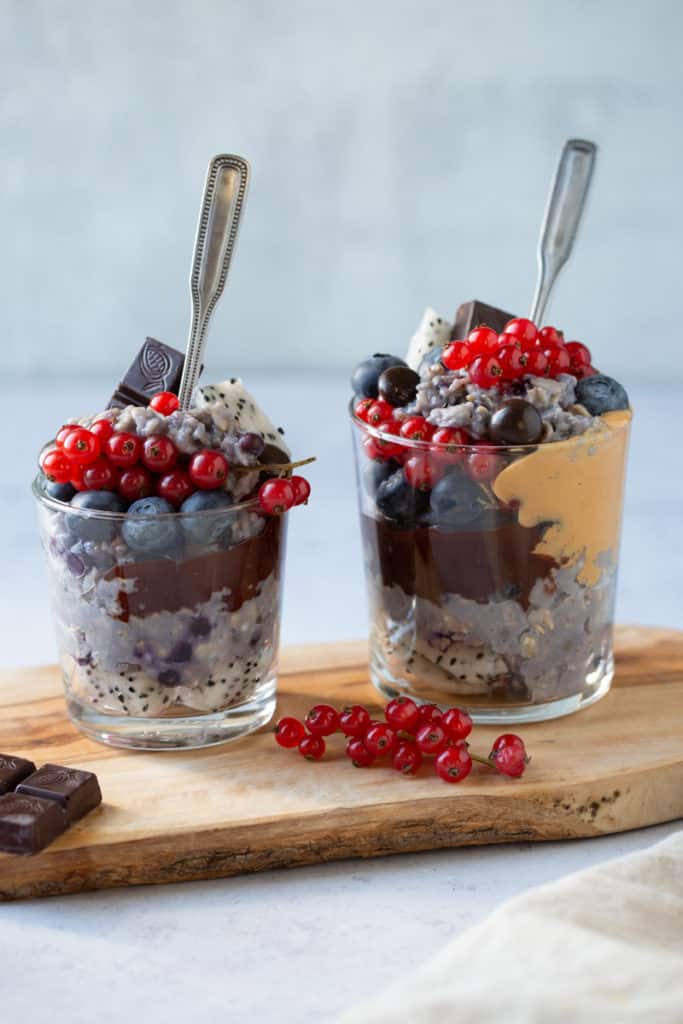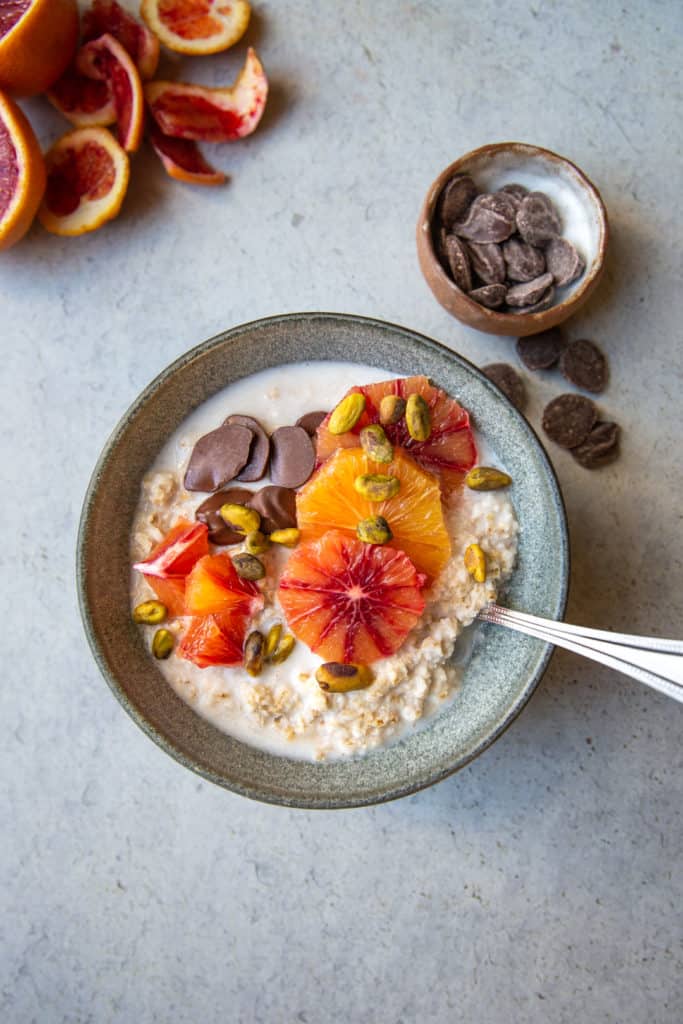Fruit is a great way to get the vitamins and minerals that we need while satisfying our sweet tooth at the same time. Some fruits have a higher sugar content than others, and although the sugar is “natural,” if you are trying to stay away from it, here are the healthiest fruits you might want to add to your diet.

Apples
An apple a day keeps the doctor away? You heard it before, and there is some truth to that quote. Apples are a great source of fiber and vitamin C and have a low caloric profile. They're also a good source of antioxidants, which can help reduce the risk of cancer.
Apples contain pectin (a type of soluble fiber), which helps lower cholesterol levels. Apples also contain quercetin, an antioxidant that's been shown to prevent cell damage caused by free radicals. Studies have linked this phytochemical with reduced risk for cardiovascular disease and certain types of cancer.
Avocados
Fun fact: avocados are actually considered a fruit! Avocados are a great source of healthy fats, and contain about 20 grams of monounsaturated fat per cup, which can help lower cholesterol and reduce the risk of heart disease. They're also high in fiber, vitamin C, potassium, and folate (a B vitamin).
In addition to these nutritional benefits, avocados are full of antioxidants that may help prevent cancer by fighting free radicals that damage cells’ DNA.
Blackberries
Blackberries are a good source of vitamin C, an antioxidant that helps protect your cells from damage. Blackberries also contain potassium, which helps keep your blood pressure under control.
Blackberries have a high amount of fiber, which helps lower cholesterol and blood sugar levels while promoting digestive health. They're also rich in flavonoids that may have anti-cancer properties (though this has not been proven).
Blueberries

Blueberries are an excellent source of antioxidants, which help fight free radicals and slow the aging process. It’s no wonder people rub these fruits all over their faces! They're also high in vitamin C and fiber, making them a great choice for your diet.
How to Choose the Perfect, Plumpiest Blueberries:
- Look for berries that are plump, brightly colored, firm, and not mushy. Blueberries should be deep blue-black in color with no brown spots or mold growing on their surface. Avoid bunches with soft spots or mold growing on them; these indicate poor-quality fruit that has been stored too long at room temperature after being picked off the bush (or truck).
- If you're buying frozen blueberries rather than fresh ones, look for those that have been flash-frozen immediately after picking so they retain as much flavor as possible without losing any nutritional value along the way.
- To store fresh blueberries: place them into an airtight container lined loosely with paper towels to absorb moisture from within each berry's core area; this will help keep them, fresher, longer while preventing mold from forming around its exterior skin area too quickly within storage containers.
Cantaloupe
Cantaloupe is a good source of vitamins A and C, as well as folate, potassium and magnesium. It's also a good source of beta-carotene, which is the precursor to vitamin A, so if you do not like carrots, cantaloupe is the way to go!
The fiber that's found in cantaloupe can help reduce your risk of developing heart disease by lowering cholesterol levels in the blood. The fruit also contains lutein – a type of antioxidant that may help prevent age-related eye problems like cataracts or macular degeneration.
Cherries
Cherries are a great source of vitamin C, antioxidants, and fiber. They also contain potassium that helps to regulate blood pressure and heart function.
The red variety has more anthocyanins than the dark purple ones, which makes them even healthier (and prettier). These antioxidants work as anti-inflammatory agents in your body.
Kiwis
If you are looking for a fruit that is packed with nutrients, kiwis should be at the top of your list. These little hairy green balls are rich in vitamins C and A as well as fiber, potassium, and copper. In addition to all this goodness, they are also low in calories (just 40 per serving), so you can consume a few and still have plenty of calories to eat for the rest of the day!
Mangos
Mangos are rich in antioxidants, vitamins A and C, potassium, and fiber. They also contain folate, which is important for women who may become pregnant or are already pregnant.
Mangos can help lower blood pressure by reducing sodium levels in the body while increasing potassium levels. This helps reduce the amount of salt you eat daily and decrease your risk of developing high blood pressure over time.
Oranges and Tangerines

Oranges and tangerines are two varieties of citrus fruits. They're both good sources of vitamin C – the orange is a bit higher in this nutrient than its smaller cousin, but they both pack a powerful orange punch!
Oranges can be enjoyed as-is or juiced. Tangerines are often used in salads because their sweet flavor goes well with other fruits and vegetables, but they also make great desserts when paired with chocolate or whipped cream!
Fruits are a Great Way to Get The Vitamins and Minerals That We Need
They're low in calories, contain no fat, and are a good source of fiber. Fruits can help lower your risk of heart disease and stroke by reducing blood pressure or cholesterol levels.
The best thing about fruits is that they're so easy to eat! You can grab them on the go, or even throw them into your morning smoothie, and they won't weigh you down like other foods might. So make sure that next time you're picking out some new produce at the grocery store or farmer's market, remember these fruits as options for yourself!


Denise M Carlson says
I love the healthy recipes. You have taken the guess work out of gluten free baking for me. Thank you so much!! Love the way you put simple ingredients together. I am not sure where you get your inspiration, but keep up the good work!!